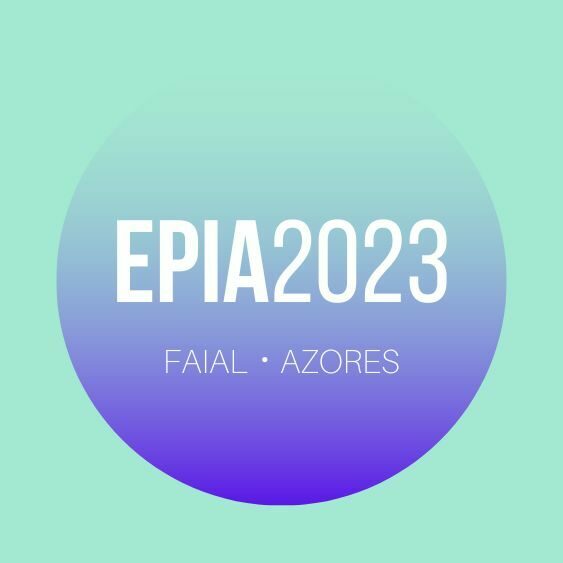Artificial Intelligence in Transportation Systems
The 2023 AITS Thematic Track at EPIA will be the tenth edition of a series started in 2007. AITS aims to promote a debate on current developments and advancements of AI techniques in a rather practical perspective. It will gather both the AI community and transportation practitioners to discuss how cutting-edge AI technologies can be effectively applied to improve the performance of transportation systems and mobility in general on a sustainable basis, according to three important dimensions, namely economic, environmental, and social. This forum also aims to generate new ideas towards building innovative applications of AI technologies into smarter, greener and safer transportation systems, stimulating contributions that emphasise on how theory and practice are effectively coupled to solve real-life problems in contemporary transportation, naturally including all sorts of mobility systems. Indeed, contemporary transportation is evolving rapidly on a more intelligent basis, and the concept of Intelligent Transportation Systems (ITSs) has become already a reality among us, supporting the infrastructure leading to the emergence of the so-called Smart Mobility, and to a whole bunch of Mobility-as-a-Service (MaaS) solutions as we witness today. Also, when placed within the framework of Smart Cities, ITS increases in complexity and brings about new performance measures such as equity and social impact, privacy and security, ethical and legal compliance, and explainable decision-support, while environmental sustainability is strongly emphasised.
Therefore, this proposed track is within the application-oriented, integrative, and multi-disciplinary perspectives of the EPIA Conference series. It is intended to leverage the cross-fertilisation synergetic relationship between AI and ITSs. As a matter of fact, as in most fields of Science, advancements in theory are also inspired by problems identified by practitioners in their field of expertise. That is also true in AI! As in many multidisciplinary knowledge areas, many advances in AI are fostered through challenges found by scientists when applying theory to solve practical problems. The AITS Track series at EPIA has served also as a networking platform to discuss current developments and advances of AI, as well as how such findings might be practically applied to this challenging and inspiring domain.
This thematic track on AI in Transportation Systems is also organised and promoted by the technical activity subcommittee on Artificial Transportation Systems and Simulation (ATSS) of the IEEE ITS Society.
TOPICS OF INTEREST
The AITS Track welcomes and encourages contributions reporting on original research, work under development and experiments of different AI techniques to address specific issues in contemporary transportation and mobility systems, which would include (but are not limited to):
- different modes of transport and their interactions (air, road, rail and water transports)
- intelligent and real-time traffic management and control
- design, operation, timetabling and real-time control of logistics systems and freight transport
- transport policy, planning, design and management
- environmental issues, road pricing, security and safety
- transport systems operation
- application and management of new technologies in transport
- travel demand analysis, prediction and transport marketing
- advanced traveller information systems and services
- ubiquitous transport technologies and ambient intelligence
- pedestrian and crowd simulation and analysis
- urban planning toward sustainable mobility
- service oriented architectures for vehicle-to-vehicle and vehicle-to-infrastructure communications
- assessment and evaluation of intelligent transportation technologies
- human factors in intelligent vehicles
- autonomous driving
- artificial transportation systems and simulation
- serious games and gamification in transportation
- behaviour modelling and social simulation of transportation systems
- electric mobility and its relationship with smart grids and the electricity market
- computer vision in autonomous driving
- surveillance and monitoring systems for transportation and pedestrians
- data-driven preventive maintenance policies
- anomalous trajectory mining and fraud detection
- smart architectures for vehicle-to-vehicle/vehicle-to-infrastructure communications
- automatic assessment and/or evaluation on the transport reliability (planning, control and other related policies)
- intelligent transportation infrastructure management and maintenance
- legal and ethical issues in intelligent transportation systems and smart mobility
ORGANIZATION COMMITTEE
- Tânia Fontes, INESC TEC, Portugal
- Alberto Fernandez, CETINIA / Universidad Rey Juan Carlos, Spain
- Rosaldo Rossetti, FEUP / LIACC, Portugal

